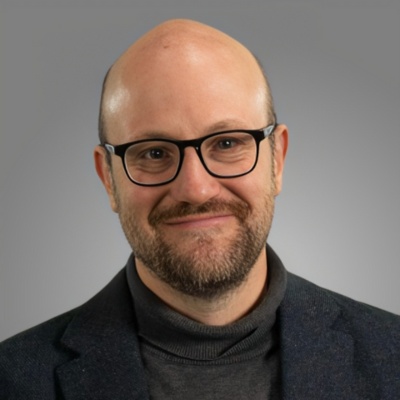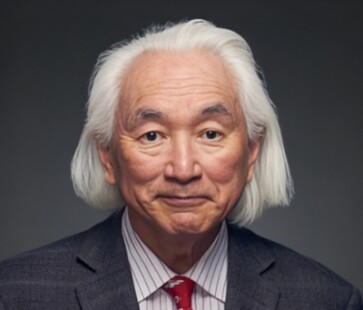
Jordi Serrano
Futurist and consultant, recognized for his vision on the future of work. He inspires to rethink organizations from flexibility and humanity, showing that innovation must focus on people.
Biography / Speaker Info
Jordi Serrano is a renowned Spanish consultant, author and speaker, considered an international reference on the future of work, innovation in Human Resources (HR) and the digital and cultural transformation of organizations. His professional career is characterized by an unusual and valuable combination of experience in technology and people management, which allows him to offer a comprehensive and strategic vision on the challenges of the world of work in the post-digital era.
His executive experience was initially developed in the field of technology, moving from programmer to consultant. Subsequently, he held the position of HR Director for Spain at the multinational everis (now NTT DATA), one of the best companies to work for at the time, which allowed him to manage the evolution of talent in a high-growth environment. This dual experience led him to found, in 2013, the Future for Work Institute, a platform that acts as an independent observatory and think tank for trends and innovation in people management.
Serrano has been noted for his focus on the need for organizations to adapt their management models to an ever-changing world. He addresses crucial issues such as the limits of automation, the relevance of mental health in the company - a topic that became vital after the pandemic - and the urgency of developing complex skills. He is co-author of the book The Twilight of Employment. How to Survive the Future of Work, a key work for understanding the labor disruption we are experiencing.
As a speaker and advisor, Jordi Serrano collaborates regularly with different institutions and disseminates on how technology, including Artificial Intelligence, is impacting business strategy and organizational culture. His message stresses that the key to transformation is not only technology, but cultural change and the ability of people management to move from an individualistic view to a strategic vision of the future. He inspires leaders to lead the transformation needed to survive and thrive in the uncertain future of work.










